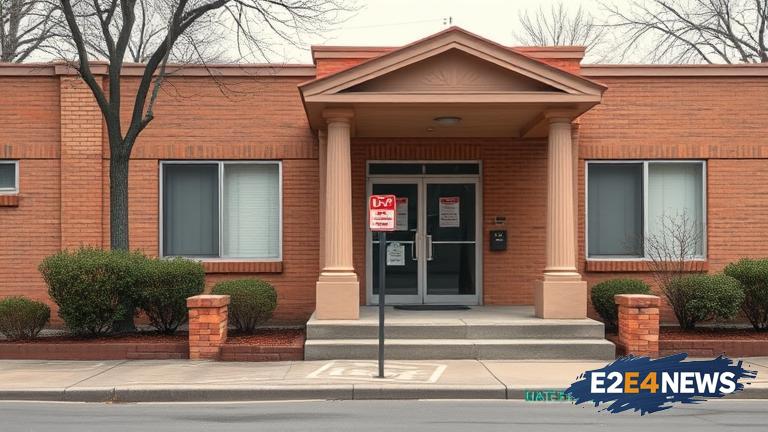A recent law passed in the United States has resulted in the defunding of Planned Parenthood, a prominent organization providing reproductive health services, including abortion. This decision has forced two abortion centers to close their doors, leaving many women without access to essential healthcare services. The law, which aims to restrict federal funding for organizations that provide abortion services, has been met with widespread criticism from reproductive rights advocates. They argue that the move will disproportionately affect low-income women and marginalized communities, who rely heavily on these services. On the other hand, pro-life groups have hailed the decision as a significant victory in their efforts to curb abortion. The closure of the two abortion centers has sparked concerns about the availability of alternative healthcare services for women in need. Many are worried that the lack of access to safe and legal abortion services will lead to an increase in unsafe and illegal abortions, putting women’s lives at risk. The defunding of Planned Parenthood has also raised questions about the organization’s ability to continue providing other essential healthcare services, such as cancer screenings and contraception. Despite the challenges, Planned Parenthood has vowed to continue fighting for reproductive rights and providing services to those in need. The organization has announced plans to explore alternative funding sources and to work with other healthcare providers to ensure that women have access to the services they require. The debate surrounding the defunding of Planned Parenthood has highlighted the deeply divisive nature of the abortion issue in the United States. While some see the move as a necessary step to protect the rights of the unborn, others view it as an attack on women’s reproductive autonomy. As the situation continues to unfold, it remains to be seen how the closure of the two abortion centers will impact the broader healthcare landscape. The law has also sparked concerns about the potential for similar defunding efforts in other states, which could have far-reaching consequences for reproductive healthcare services across the country. Furthermore, the move has been criticized for being part of a broader effort to erode reproductive rights, which could have significant implications for women’s health and wellbeing. In response to the closure of the two abortion centers, many reproductive rights advocates have called for increased funding for alternative healthcare services, as well as greater support for organizations that provide essential healthcare services to women in need. Ultimately, the defunding of Planned Parenthood and the closure of the two abortion centers has highlighted the need for a nuanced and informed discussion about reproductive rights and healthcare services in the United States.
